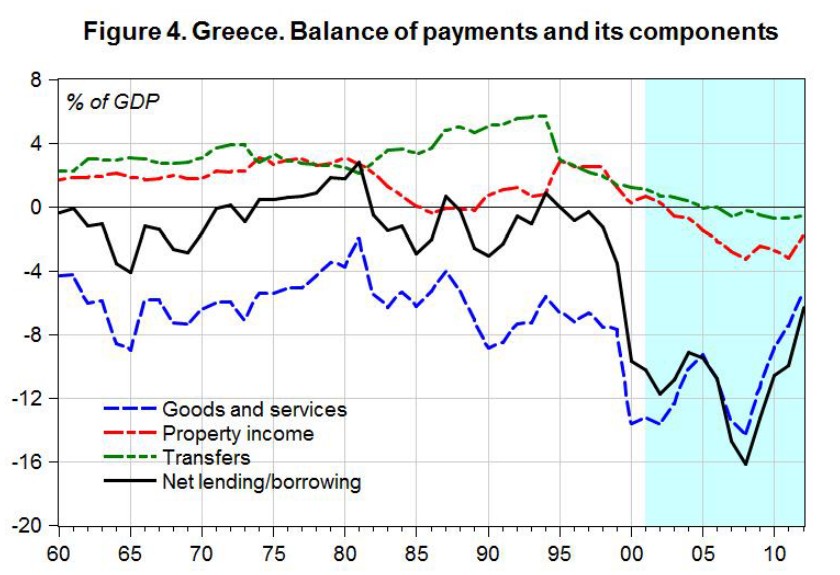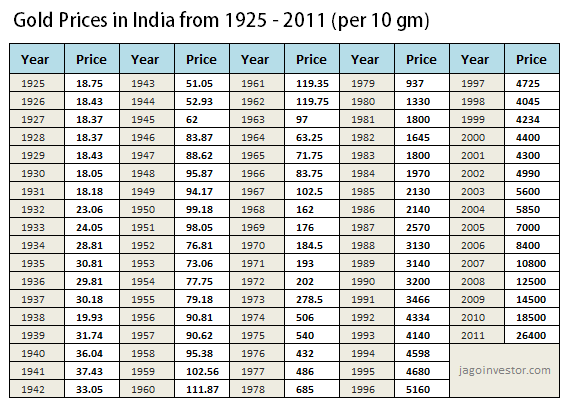Contents
Regulatory changes– SEBI banned Overseas Derivative Instruments and asked FIIs to decrease P-note participation to 40%. The BOP measures the amount of money flowing from one country to other countries over one monetary year. Investments through Participatory Notes in domestic capital market rose to Rs 78,110 crore at the end of March,2019 amid positive market sentiments. ECBs for interest during construction accrued on a loan during the project execution phase for infrastructure companies would be allowed.
The scheme was designed to attract long-term capital flows and to provide foreign investors with an opportunity to diversify their portfolios. Investments through participatory notes (P-notes) in the Indian capital market stood at Rs 79,088 crore in August-end, registering the third consecutive month-on-month decline. Only those entities that are regulated by the relevant regulatory authority in the country of incorporation and are subject to ‘know your client norms are eligible for PNs.

However, because the investor’s money is tied up in a company, he faces less liquidity and more risk when trying to sell his interest. Because of the anonymous nature of the instrument, the investors could be beyond the reach of Indian regulators. IFCs have been included as eligible issuers for FII investment in the corporate bonds long-term infra category. PNs offer customized tools to manage risk, lower financing costs, and improve portfolio yields in addition to lowering transaction costs.
These financial instruments are not traded on the Indian stock exchange Markets and are sold in a directory to foreign investors who purchase them through the foreign institutional investors. P-notes, or participatory notes, are financial instruments that allow foreign investors to trade in Indian securities without registering with the Securities and Exchange Board of India . P-notes are issued by registered foreign institutional investors to overseas investors who wish to invest in Indian markets without going through the hassle of registering with SEBI.
PCs are attractive to foreign investors because they offer a way to invest in a fund without having to go through the hassle of registering with the local regulator. The key difference between a PN and a PC is that a PN is issued by an offshore fund to foreign investors, while a PC is issued by an offshore fund to a local investor. There are two types of notes that you can invest in- government bonds and corporate bonds. Government bonds are issued by the Reserve Bank of India and are considered to be very safe investments. Corporate bonds are issued by companies and are considered to be a bit riskier than government bonds. The Foreign Portfolio Investors scheme was introduced in India in 1992 to allow foreign investors to invest in Indian securities.
Time for UPSC Prelims
Director Sir will provide conceptual understanding with around 800 Mindmaps. Outstanding P-notes hitting a 31-month high in November is likely to have caused considerable consternation. Buying securities from the primary market to sell them at higher prices in secondary market.

It enables investors to stay anonymous while leveraging profit by engaging in speculations. Instruments with longer maturity are traded in the capital market. Participatory notes of Overseas Derivative Instruments have a tendencyto raise the hackles of the regulators.
UPSC Topper Anudeep Durishetty Study Notes
By means of a merger or joint venture with a foreign company. Acquiring a controlling interest in an existing foreign company, Hence, 2 is correct. Markets usually move ahead of the economic cycle.It is believed that the next one/two quarters, FPIs should be coming back to allocating capital towards Indian equities. Supply-chain and inflation issues should begin to subside in the months to come. Equity markets are offering some attractive valuations at these levels.
- Yes, foreign direct investment is an investment made by a company or individual in one country in a business in another country.
- However, he is not required to reveal the identity of the real investor.
- P-notes are used by foreign investors to invest in stock derivatives which have Indian stocks as underlying assets.
But it is possible for the investor to sell the P-note to another player resulting in multi-layering. These are issued by registered foreign portfolio investors to other foreign investors, willing to invest in the Indian stock market without going through the process of registering themselves. P-notes are a convenient channel for high net worth individuals, large hedge funds etc. to enter Indian capital markets without https://1investing.in/ going through the usual scrutiny like Know Your Customer norms and other documentation with SEBI. This saves time and also helps maintain anonymity throughout. In addition to the anonymity clause, the P-notes are easily tradable as they are like contract notes which can be easily transferred by endorsement and delivery. Investors also prefer this vehicle to take advantage of the tax laws in some countries.
Advantages and Disadvantages of Participatory Notes
This market disturbance was in response to investor and government worries that the curbing of the P-notes would be a direct hit on the Indian economy. That is because foreign institutional investors help fuel the growth of the Indian economy, industries, and capital markets, and increasing regulation would make it more difficult for foreign money to enter the market. The government ultimately decided not to regulate participatory notes. Mutual funds give you the benefit of diversification and professional management.
However, because of the anonymity, Indian regulators face difficulty determining a participatory note’s original owner and end owner. Therefore, substantial amounts of unaccounted-for money enter the country through participatory notes. Netmock is Indias leading website for UPSC/IAS UPPCS preparation. In 1992, India allowed Foreign Institutional Investors to buy stocks listed on Indian exchanges. However, all investors, whether institutions or individuals, were required to register themselves with the capital markets regulator, SEBI.
Current Affairs Articles Compilation – September, 2022
In doing so, the identity of the client or the final investor can be hidden. Participatory notes also referred to as P-notes, or PNs, are financial instruments required by investors or hedge fundsto invest in Indian securities without having to register with the Securities and Exchange Board of India . P-notes are among the group of investments considered to be Offshore Derivative Investments . Participatory notes are instruments used for making investments in the stock markets. However, they are not used within the country; they are used outside of India for making investments in stocks listed on Indian stock markets, which is why they’re also referred to as offshore derivative instruments.
PNs, for example, can be designed with longer maturities than are typically available in exchange-traded derivatives. Because of the anonymity it possesses, Indian regulators face difficulty determining a participatory note’s original owner and end owner. Participatory notes are easily traded overseas through participatory notes upsc endorsement and delivery. It allows them to skip the registration process, which is placed by the government for FPI investors. • The figure at March-end was the lowest level of investment since October 2004, when the total value of P-note investments in the Indian markets stood at Rs 44,586 crore.
The bank is then notified of the Indian security that the investor desires to purchase. The offers that appear in this table are from partnerships from which Investopedia receives compensation. Investopedia does not include all offers available in the marketplace. Amanda Jackson has expertise in personal finance, investing, and social services. She is a library professional, transcriptionist, editor, and fact-checker. Indian Economy and issues relating to planning, mobilization of resources, growth, development and employment.
For example, Indian-based brokerages buy India-based securities and then issue participatory notes to foreign investors. Any dividends or capital gains collected from the underlying securities go back to the investors. P-notes are offshore/overseas derivative instruments issued by registered foreign portfolio investors to overseas investors who wish to be part of the Indian stock market without registering themselves directly.
Further, there is a view that it is being used in money laundering with wealthy Indians, like the promoters of companies, using it to bring back unaccounted funds and to manipulate their stock prices. On 24 November 2014, SEBI issued new norms to curb the inflow of illegal funds. The new norms will enhance KYC regulations and shut out entities that form non-transparent structures to filter the kind of money that flows into the country. According to an expert group constituted by the Ministry of Finance in India, in August 2004, participatory notes constituted about 46 percent of the cumulative net investments in equities by FIIs.



